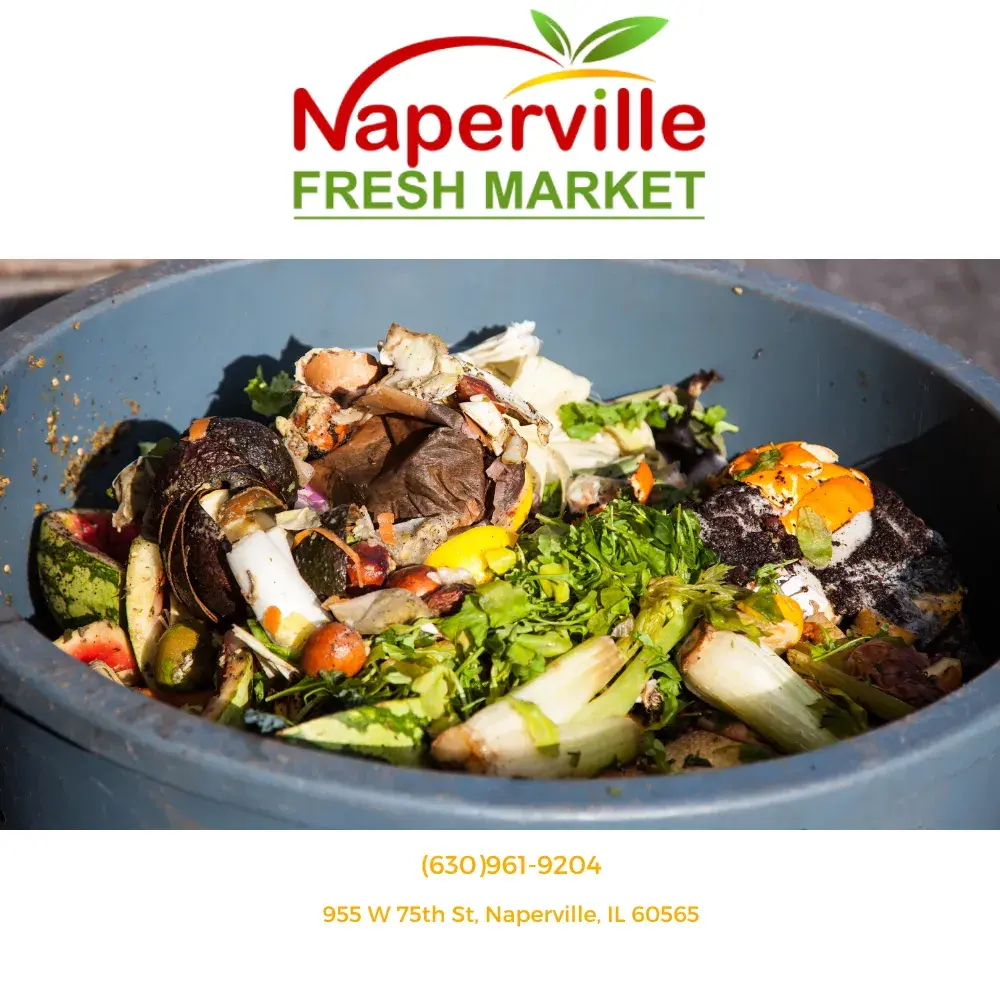In today’s world, the importance of organic food sourcing is growing rapidly as more people seek healthier and more environmentally friendly options. Choosing organic food over conventional produce goes beyond personal health—it impacts the environment, local communities, and overall sustainability. Understanding the significance of organic food helps us make informed choices that benefit both individuals and the planet.
Health Benefits of Organic Food
One of the primary reasons for choosing organic food is the health benefits it offers. Organic produce is grown without synthetic pesticides, herbicides, or genetically modified organisms (GMOs). This leads to cleaner, safer food, free from potentially harmful chemicals. Studies suggest that organic fruits and vegetables contain higher levels of essential nutrients such as antioxidants, which play a key role in boosting immune systems and promoting overall wellness.
Environmental Impact of Organic Farming
Organic food sourcing is directly linked to sustainable farming practices that have a reduced impact on the environment. Organic farms use natural methods to control pests and maintain soil health, leading to less soil erosion, cleaner water, and a reduction in carbon emissions. By supporting organic farming, consumers help protect biodiversity and reduce the environmental footprint left by conventional agricultural practices.
Supporting Local Economies through Organic Food
When consumers choose organic food, they often support small-scale local farmers who prioritize quality over mass production. This helps boost local economies by ensuring that more money stays within the community. Organic food sourcing fosters relationships between farmers and consumers, creating a more transparent and ethical food system where people are more connected to the origins of their food.
The Ethical Aspect of Organic Food Choices
Organic food sourcing aligns with values like animal welfare, fair labor practices, and environmental conservation. Many organic farms adhere to ethical farming standards, ensuring animals are raised in humane conditions without the use of antibiotics or growth hormones. Consumers who prioritize organic options are often contributing to a more compassionate and responsible food industry, which emphasizes long-term well-being over short-term profits.
Ultimately, the movement toward organic food sourcing is about more than just a personal decision. It influences broader environmental, social, and ethical issues, making it a powerful choice for anyone interested in a healthier and more sustainable future.
Learn More
The Rise of Organic Food Sourcing: How Supermarkets Support Sustainable Practices




